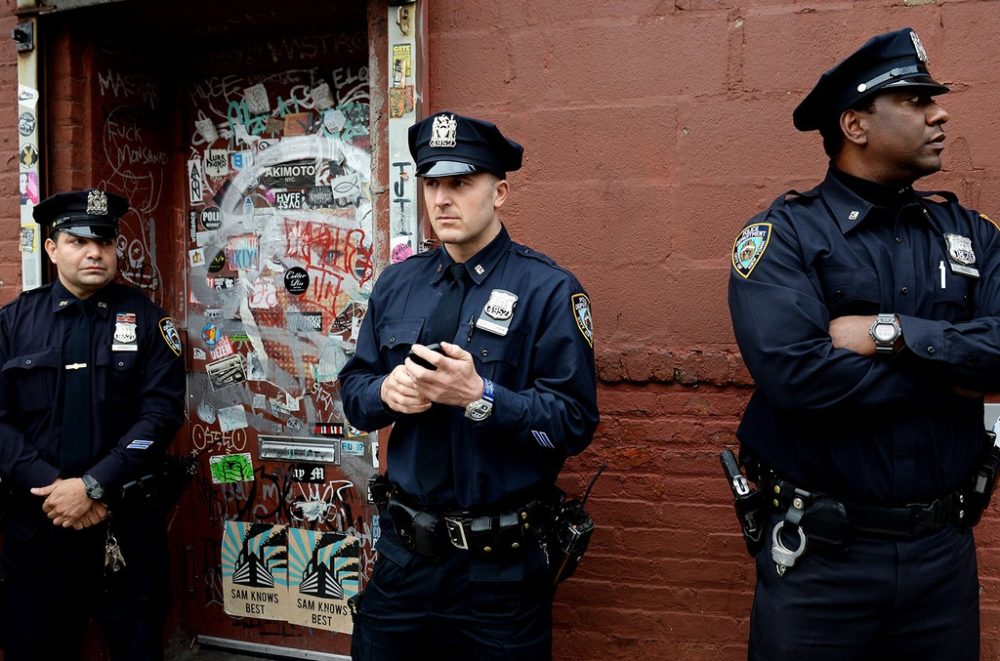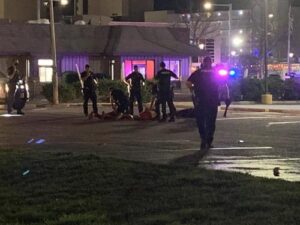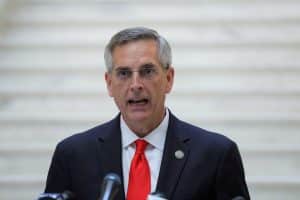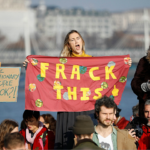California State Assemblymember Ash Kalra eliminated language in his proposed bill AB 655, the California Law Enforcement Accountability Reform Act, that could have banned conservatives and people of faith from law enforcement. The Democratic lawmaker made the change on Friday.
As reported by The Federalist, the San Jose assemblyman previously sought to define hate speech “as advocating or supporting the denial of constitutional rights of, the genocide of, or violence towards, any group of persons based upon race, ethnicity, nationality, religion, gender, gender identity, sexual orientation, or disability.”
By this standard, organizations such as the California Family Council, Pacific Justice Institute, and Sacramento Peace Officers Association said the measure would classify a whole swath of Americans as “hateful” for dissenting from the left on views such as abortion, marriage, or gender ideology.
“Under the guise of addressing police gangs, the bill at the same time launches an inexplicable, unwarranted, and unprecedented attack on peaceable, conscientious officers who happen to hold conservative political and religious views,” said Pacific Justice Institute Senior Staff Attorney Matthew McReynolds a few weeks ago. “Indeed, this is one of the most undisguised and appalling attempts we have ever seen, in more than 20 years of monitoring such legislation, on the freedom of association and freedom to choose minority viewpoints.”
“The definitions of a hate group in particular are so broad that it would encompass all sorts of groups that nobody would say would actually constitute some sort of a problematic hate group,” argued David Levine, a constitutional law professor at the University of California.
The same day The Federalist published an outline of how the measure could effect Christians and conservatives, Kalra doubled-down on the proposed bill in an interview with an NBC News affiliate. “You have a constitutional right to have racist and bigoted views. You don’t have a constitutional right to be a police officer,” Kalra said, clearly insinuating his arbitrary definition of racism ought to determine who can protect and serve communities.
“I think that the end goal is the same, is to try and root out that kind activity and nobody wants to get rid of people who shouldn’t be cops more than agencies and more than good cops,” said Shaun Rundle of The California Peace Officers’ Association. “But there has to be a right way to do it and make sure that the language is clear. And I think that the bill, 655, isn’t quite as clear as it could be.”
Now that Kalra’s legislation has garnered national attention, he appears to be changing course. Speaking to KPIX CBS News on Friday, the San Jose assemblymember said, “We have put in amendments to remove the specificity regarding denial of constitutional rights. Because, you do have the First Amendment right to be part of groups that may differ in opinion.”
Nevertheless, Kalra still has not adequately addressed the persisting ambiguity of the claim that “participation in hate group activities, or public expressions of hate, as specified, and as those terms are defined” would “disqualify a person from employment.” The ultimate question remains. What will be defined as a hate group in the far-left stronghold?






